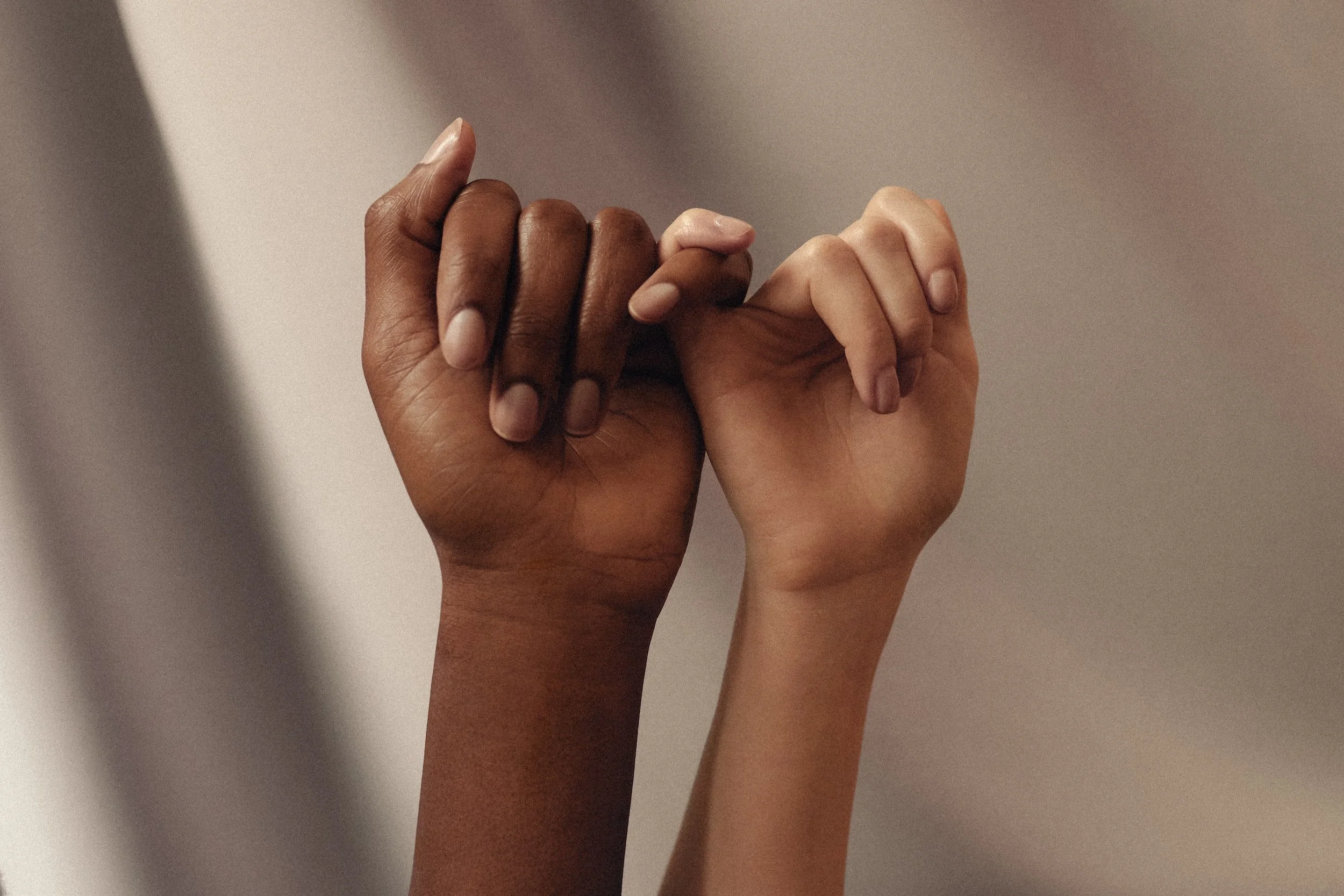A Very Different Holiday Gift Guide for A Very Different Year.
Every year as Thanksgiving winds down, I feel the Christmas spirit creep up behind me. Now, I wouldn’t by any means consider myself a Scrooge, but I begin to feel a sense of overwhelming dread as the Ghost of Holiday Gifts Future wakes me from my slumber. I lie awake staring at my ceiling, thinking of all the possibilities. What do I get everyone I care about? What is going to be that one perfect item that ticks all the boxes? Because now it’s not enough to just get a multi-pack of socks at WalMart and call it good (though, to be fair, was that really ever enough?) No, gifts have to be unique, practical yet whimsical, and stand for something: Social and Environmental consciousness, locally-made, fair trade, or other ethical values.
In the past I leaned toward making gifts for my immediate family, but that was when I had more free time, a smaller family (we’ve added nieces and nephews and in-laws to the mix), and less Carpal Tunnel Syndrome. If you’re anything like me, you’ve spent decades stressing every year before really taking the time to re-evaluate how you view gift-giving. Here are some things I’ve learned as well as some ways to approach gift giving differently this year, so you can finally enjoy the holidays.
Consider not giving gifts.
A growing trend in the United States is to forgo gift giving altogether. A record h11.5% of consumers report they are intentionally not participating in gift giving this year. And it makes sense-- this year, according to Statistica, the average consumer expects to spend $886 on holiday gifts. That can be a huge burden on those of us struggling to make ends meet during an already incredibly difficult time. Gift giving can be a wonderful and rewarding experience, but when it becomes an expectation it can cause unnecessary stress and anxiety. Instead of the traditional gift exchange on Christmas morning, try doing an activity as a family, like hiking or volunteering in your community. Shift the focus to creating memories and appreciating time spent together rather than material gains, and you will not only improve your relationships but also relieve some of the stress surrounding the holidays.
Give Experiences Rather than Tangibles.
I could go on and on about the environmental impact of seasonal gift giving. It’s downright shocking: Americans throw away 25% more waste between Thanksgiving and New Years than any other time during the year, and gift giving plays a major role in that increased waste. Not only does packaging and gift wrapping account for the increase in wasted, but also unwanted gifts. You know, like that hideous blouse your Aunt Tammy bought you that looks like curtains from the 1980s. Approximately $15 billion dollars of unwanted gifts are purchased each year, with the biggest portion being unwanted clothing or accessories. That’s a lot of hats, socks, and ugly Christmas sweaters sitting in the dark recesses of closets.
A different approach to try this holiday season is to give experiences instead of tangible gifts. Instead of buying things that will cause clutter and sit unused, spend the money on an activity that the recipient can enjoy alone or with others. A movie night, a day at the spa, a trip to the local art museum, or a camping trip can all be incredible gift experiences. Experiences have the added bonus of not needing to wait for anything to be shipped and are significantly more environmentally friendly than other options. There is one downside, though: there’s nothing really that needs to be opened. And let’s be real-- everyone loves tearing open presents around the Christmas tree.
Be Mindful with the Gifts you Give.
Physical gifts aren’t inherently bad-- but there can be more intention and thought put into creating a more sustainable holiday tradition. Buying everything inexpensively on Amazon or focusing on quantity rather than quality has a significantly detrimental impact on the environment. It also doesn’t necessarily mean a better gift for your loved ones. Approach your gifts with mindfulness and make an informed decision before buying. Reducing the overall number of gifts purchased also means your resources are more impactful. If you do decide to participate in gift-giving, consider some of the following questions:
Is this gift something the recipient will use more than a couple times? If it’s a funny gag, impractical, or serves little function, skip it.
Is it a unique item that can’t be bought just anywhere? Buying from a local crafter or a boutique rather than a big box store not only makes for a more unique gift, but it also supports your local economy.
How much waste is created by this gift? What packaging is involved? Try avoiding plastic packaging as much as possible and, if possible, minimize any amount of package waste. If you do wrap your presents, focus on recycled paper, repurposing newspapers, or save your paper for next year (easier said than done if your little kids rip it to shreds!)
Is it made of sustainable materials? Similarly, try to purchase gifts that are either sustainable or made from long lasting materials. Instead of plastic, opt for glass or metal,
Does purchasing this gift support a cause or value I (or the recipient) believe in? If you value sustainability, buy sustainable gifts. If you believe in the power of diversity, shop Black or LGBTQIA+ businesses. The point is that in our capitalism-based society, your purchases are like little votes for the type of world you want to live in.
Is this the best option I can find and afford, or am I buying it out of convenience? So many consumer purchasing habits these days are built around laziness. If you reflect on your reason for purchasing a gift and your answer isn’t something you resonate with, THEN DON’T BUY IT. There is a vast sea of options-- you will find something better.
As the holiday season fast approaches, it’s important to remind yourself that giving gifts to friends and family doesn’t need to be an expectation or an obligation. Rather than building up the stress over what to get so-and-so, try shifting your priorities to instead say, “How can I brighten So-and-so’s holiday this year?” Maybe it is through a shared experience, like a couple’s massage or a cooking class. Maybe it is through telling them how much you care about them. Or maybe you take stock and decide that gifts really do brighten your holidays, and you want to continue the tradition in a more intentional way.
Whatever you decide on to celebrate and spend time with loved ones, I wish you a very warm and festive season full of new and cherished memories.














